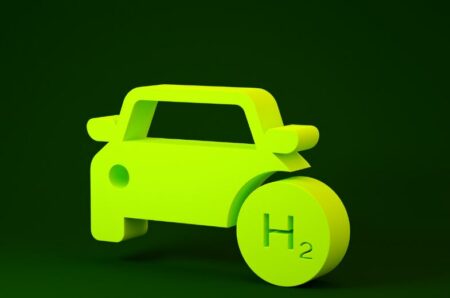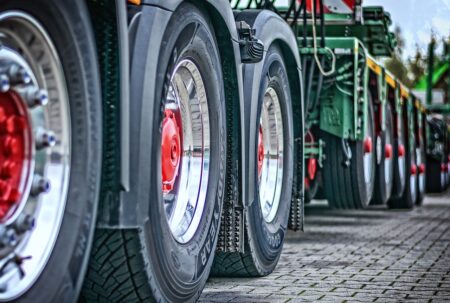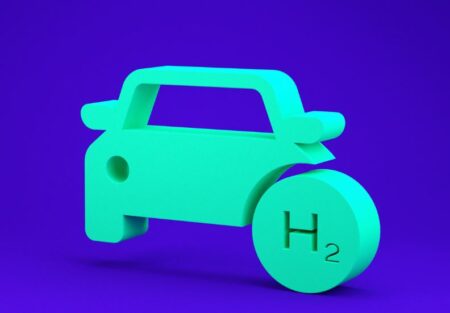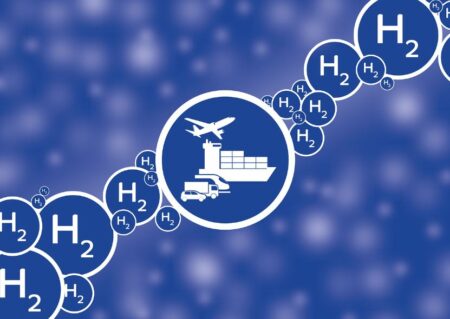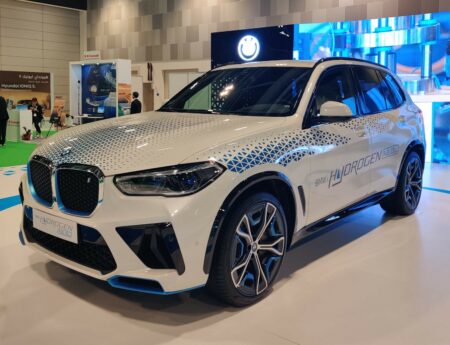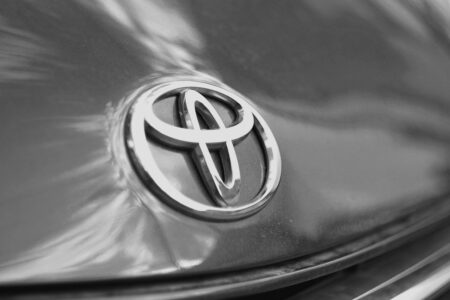Carlos Tavares, the CEO of Stellantis, has thrown a curveball into the electric vehicle (EV) narrative by expressing skepticism about an exclusive future with battery-electric cars.
Browsing: Vehicles
Nikola, the electric vehicle (EV) manufacturer, has solidified a strategic partnership with FirstElement Fuel (FEF), a recognized leader in hydrogen vehicle fueling in California.
Daimler Truck is gearing up for the first customer test fleet deployment of its GenH2 fuel cell trucks. This marks a pivotal moment after an extensive testing phase on tracks and roads, signaling a shift towards real-world applications.
Beijing Hyundai, once a dominant force, is navigating a transformative journey fueled by the quest for sustainable mobility. With the waning consumer acceptance of China-foreign joint venture car companies amid the surge of new energy vehicles, Beijing Hyundai is orchestrating a strategic shift.
Estonia has launched a call for tender for a €40 million zero-emissions ferry, a vessel that will be powered entirely by hydrogen fuel.
Delegates of the recent Green Hydrogen Summit Oman (GHSO) undertook an extraordinary journey from Dubai to Sohar, navigating the roads in a fleet of BMW iX5 Hydrogen vehicles.
First Hydrogen, following successful trials of its hydrogen-powered fuel cell electric vehicles (FCEVs) in the UK, has officially launched its North American program.
In a dramatic turn of events for the electric and hydrogen truck industry, Trevor Milton, the founder of Nikola Corporation, has been sentenced to four years in prison for misleading investors about the company’s products and technology.
AVL and British start-up Spark EV Technology have unveiled an intelligent energy management system tailored for commercial vehicles.
Toyota Motor Corp. has shifted its focus from passenger cars to the development of fuel-cell (FC) commercial vehicles.

